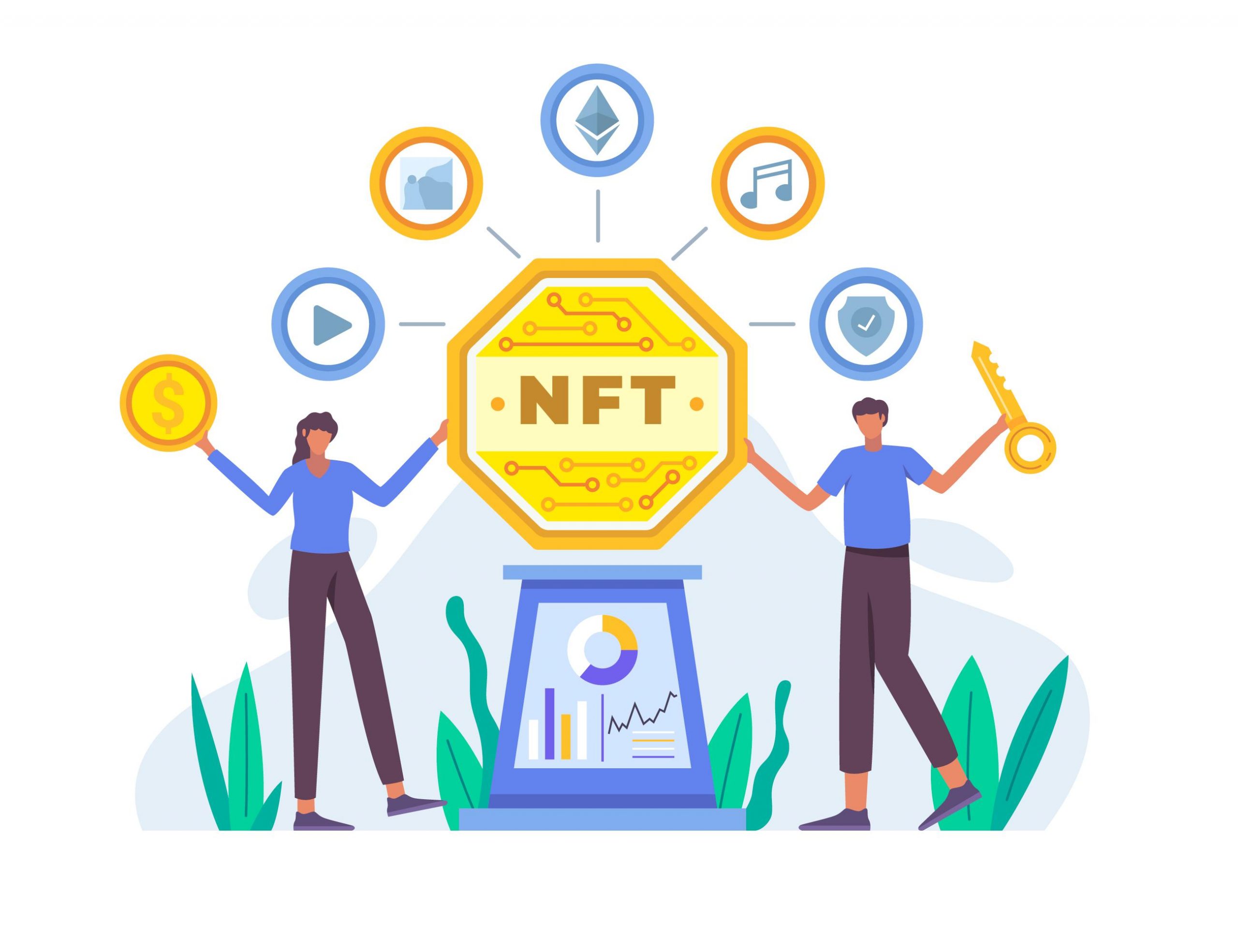Legal Strategy with Commercial Lawsuit Funding in Florida

Business people and lawyers talk and contract together. Signing of a contract in the presence of an attorney.
Overview
Commercial lawsuit funding, also known as litigation finance, involves third-party funding companies providing financial support to plaintiffs involved in commercial litigation. This funding can cover legal fees, expert witness costs, and other litigation-related expenses, allowing plaintiffs to pursue their cases without bearing the financial burden upfront.

Importance in Legal Strategy
The availability of commercial lawsuit funding is crucial for plaintiffs who may not have the financial resources to sustain lengthy litigation. It can significantly influence the legal strategy by enabling access to high-quality legal representation and expert witnesses, which can enhance the chances of a favorable outcome.
Historical Context
The concept of litigation funding has evolved over the years. Initially, it faced resistance due to concerns about champerty and maintenance (laws prohibiting third-party involvement in lawsuits). However, with the increasing complexity and cost of modern litigation, many jurisdictions, including Florida, have adopted more lenient views on litigation funding.
Legal Framework in Florida
Relevant State Laws
Florida has specific regulations governing commercial lawsuit funding. These laws are designed to protect plaintiffs from predatory practices and ensure transparency in funding agreements. Key statutes include the Florida Consumer Finance Act and relevant case law that shapes the practice of litigation finance.
Regulatory Bodies
The Florida Office of Financial Regulation oversees the compliance of litigation funding companies with state laws. This body ensures that funding agreements are fair and transparent, and it has the authority to take action against companies that violate regulations.
Compliance Requirements
Litigation funding companies in Florida must adhere to strict compliance requirements, including clear disclosure of terms, limits on interest rates, and adherence to ethical standards. These regulations are intended to protect plaintiffs from unfair practices and ensure that they fully understand the terms of their funding agreements.
Types of Commercial Lawsuit Funding
Pre-settlement Funding
Pre-settlement funding provides plaintiffs with financial support during the litigation process before any settlement or judgment is reached. This type of funding can be crucial for covering ongoing legal expenses and personal financial needs.
Post-settlement Funding
Post-settlement funding allows plaintiffs to access a portion of their settlement funds before the final disbursement. This can be particularly useful when there are delays in receiving the settlement due to administrative or legal processes.
Attorney Funding
Attorney funding involves providing financial resources directly to law firms to cover case-related expenses. This type of funding can help law firms take on more significant and potentially more lucrative cases without financial strain.
Expert Witness Funding
Expert witness funding covers the costs associated with hiring expert witnesses, whose testimony can be critical in complex commercial litigation. This funding ensures that plaintiffs can afford top-tier experts to support their cases.
The Personal Injury Litigation Process in Florida
Filing a Complaint
The litigation process begins with the filing of a complaint, where the plaintiff outlines their case against the defendant. This document sets the stage for the legal battle ahead and requires careful drafting to ensure all relevant legal points are covered.
Discovery Phase
The discovery phase involves the exchange of information between the parties. This phase can be lengthy and complex, requiring substantial financial resources to gather and analyze evidence, conduct depositions, and prepare for trial.
Pre-trial Motions
Pre-trial motions can shape the course of the litigation. These motions may include requests for summary judgment, motions to dismiss, or motions to exclude certain evidence. Effective legal representation during this phase is critical for setting the stage for a favorable outcome.
Settlement Negotiations
Settlement negotiations can occur at any stage of the litigation process. Plaintiffs often seek to settle cases to avoid the uncertainty and expense of a trial. Access to litigation funding can provide plaintiffs with the financial stability needed to negotiate from a position of strength.
Trial Process
If a settlement is not reached, the case proceeds to trial. This phase involves presenting evidence, examining witnesses, and making legal arguments before a judge or jury. Litigation funding can ensure that plaintiffs have the necessary resources to present a robust case.
Post-trial Motions
Following a trial, there may be post-trial motions, including motions for a new trial or to alter the judgment. These motions can be critical for addressing any legal errors or new evidence that may have emerged.
Financial Aspects of Commercial Lawsuit Funding
Cost Structures
The cost of commercial lawsuit funding can vary widely. Typically, funding companies charge a percentage of the final settlement or judgment. Understanding the cost structure is essential for plaintiffs to make informed decisions about accepting funding.
Interest Rates and Fees
Interest rates and fees associated with litigation funding can be substantial. Plaintiffs must carefully review the terms to understand the financial implications fully. Transparent communication with funding companies about these costs is crucial.
Funding Limits
Funding companies may impose limits on the amount of funding they provide. These limits are often based on the expected value of the case and the stage of litigation. Understanding these limits can help plaintiffs plan their financial strategy effectively.
Repayment Terms
Repayment terms for litigation funding are typically contingent on the outcome of the case. If the plaintiff wins or settles the case, they repay the funding with interest. If the case is lost, the plaintiff may not owe anything, depending on the terms of the agreement.
Choosing the Right Funding Partner
Evaluating Credibility
Selecting a credible funding partner is critical. Plaintiffs should research potential funding companies, review their track records, and seek references from other clients. A reputable company will provide transparent terms and operate ethically.
Comparing Offers
Comparing offers from multiple funding companies can help plaintiffs secure the best terms. This comparison should consider interest rates, fees, funding limits, and repayment terms. A thorough comparison can lead to significant cost savings.
Understanding Terms and Conditions
Fully understanding the terms and conditions of a funding agreement is essential. Plaintiffs should seek legal advice to ensure they comprehend all aspects of the agreement and the potential financial implications.
Negotiating Terms
Negotiating the terms of the funding agreement can result in more favorable conditions for the plaintiff. This negotiation might involve adjusting interest rates, fees, or repayment terms to better align with the plaintiff’s financial situation and case prospects.
Benefits of Commercial Lawsuit Funding
Leveling the Playing Field
Commercial lawsuit funding can level the playing field, allowing plaintiffs to compete with well-funded defendants. This access to financial resources can make a significant difference in the ability to pursue justice effectively.
Mitigating Financial Risks
By securing litigation funding, plaintiffs can mitigate the financial risks associated with lengthy and expensive legal battles. This funding ensures that they can cover legal costs without depleting personal or business resources.
Enhancing Litigation Strategy
Access to sufficient funding can enhance a plaintiff’s litigation strategy by enabling the hiring of top-tier legal representation and expert witnesses. This strategic advantage can lead to better case outcomes.
Improving Settlement Outcomes
With financial stability provided by litigation funding, plaintiffs can negotiate from a position of strength, potentially leading to better settlement outcomes. This stability can prevent plaintiffs from settling prematurely due to financial pressure.
Challenges and Risks
High Costs
One of the primary challenges of commercial lawsuit funding is the high cost. Interest rates and fees can significantly reduce the plaintiff’s net recovery from a settlement or judgment. Plaintiffs must weigh these costs against the potential benefits.
Potential Conflicts of Interest
Conflicts of interest can arise when funding companies influence litigation strategy or settlement decisions. Plaintiffs must ensure that their legal counsel remains independent and prioritizes their best interests.
Legal and Ethical Considerations
Legal and ethical considerations are paramount in commercial lawsuit funding. Plaintiffs and their attorneys must navigate these considerations carefully to avoid any actions that could jeopardize the integrity of the case or the funding arrangement.
Impact on Litigation Strategy
The involvement of a funding company can impact the litigation strategy, sometimes leading to more aggressive or prolonged litigation. Plaintiffs must carefully consider how funding might influence their case approach and decision-making process.
Case Studies
Successful Outcomes
Examining case studies of successful outcomes can provide valuable insights into the benefits of commercial lawsuit funding. These examples highlight how funding enabled plaintiffs to secure favorable verdicts or settlements.
Lessons Learned from Failed Cases
Lessons learned from failed cases are equally important. Analyzing these cases can reveal potential pitfalls and challenges associated with litigation funding, helping future plaintiffs make more informed decisions.
Comparative Analysis
Comparative analysis of different cases can illustrate how various factors, such as the type of funding, legal strategy, and case specifics, influence the outcome. This analysis can guide plaintiffs in tailoring their approach to maximize their chances of success.
Expert Insights
Quotes from Legal Experts
Legal experts provide valuable perspectives on commercial lawsuit funding. Their insights can help plaintiffs understand the nuances of funding agreements and make informed decisions.
Financial Analysts’ Perspectives
Financial analysts offer a different viewpoint, focusing on the economic aspects of litigation funding. Their analysis can help plaintiffs evaluate the financial viability and risks associated with funding options.
Attorneys’ Advice
Attorneys who have experience with litigation funding can offer practical advice on navigating the process. Their guidance can be crucial for plaintiffs seeking to optimize their legal strategy and funding arrangements.
Future Trends in Commercial Lawsuit Funding
Technological Innovations
Technological innovations are shaping the future of commercial lawsuit funding. Advances in data analytics, artificial intelligence, and digital platforms are enhancing the efficiency and transparency of the funding process.
Market Growth Projections
Market growth projections indicate a positive outlook for the litigation funding industry. Increasing acceptance and demand for funding solutions suggest continued expansion and evolution in the market.
Evolving Legal Landscape
The legal landscape for commercial lawsuit funding is continually evolving. Changes in regulations, court rulings, and industry practices will shape the future dynamics of litigation finance, influencing how plaintiffs access and utilize funding.
FAQs
What is commercial lawsuit funding?
Commercial lawsuit funding is a financial arrangement where a third-party funding company provides financial support to a plaintiff involved in a commercial litigation case. The funding covers legal fees and other expenses, and repayment is contingent on the case outcome.
How does it work?
A plaintiff applies for funding from a litigation finance company. If approved, the company provides funds to cover legal costs. The plaintiff repays the funding, along with interest and fees, from the settlement or judgment proceeds.
Who can apply for funding?
Any plaintiff involved in a commercial litigation case can apply for funding. This includes individuals, businesses, and law firms representing plaintiffs in such cases.
What are the typical costs?
The costs of commercial lawsuit funding include interest rates and fees, which are often a percentage of the final settlement or judgment. These costs can vary widely depending on the funding company and the specifics of the case.
Is commercial lawsuit funding legal in Florida?
Yes, commercial lawsuit funding is legal in Florida. However, it is regulated to ensure transparency and protect plaintiffs from predatory practices. Plaintiffs should ensure that their funding agreements comply with state laws and regulations.
How can it impact my case?
Commercial lawsuit funding can provide the financial resources needed to pursue a case effectively, potentially leading to better legal representation and case outcomes. However, it can also introduce high costs and potential conflicts of interest that must be managed carefully.
What are the risks involved?
The primary risks include high costs, potential conflicts of interest, and the impact on litigation strategy. Plaintiffs must carefully consider these risks and seek legal advice to navigate them effectively.
How to choose a funding company?
Choosing a lawsuit funding company in florida involves evaluating credibility, comparing offers, understanding terms and conditions, and negotiating terms. Plaintiffs should conduct thorough research and seek legal advice to select the best funding partner for their case.















